Sacking, and then hiring, a manager isn’t like sitting a primary seven maths test.
You don’t need to show your working.
It doesn’t matter if you’ve been a top-of-the-class student and followed the textbook, plotting your way from one question to another without a misstep or if the pencil rubber has become dust and the paper bin is overflowing with failed attempts.
The only thing that counts is that when the time comes to hand your jotter over for marking, the equations have been solved correctly.
For St Johnstone, there’s real reason to be confident all has indeed ended well and that, however circuitous the process became at points, they’ve brought into the building a highly-qualified and perfectly-suited head coach to inject some upward momentum into the Adam Webb era of the Perth club.
With justification, they will believe that they have ticked the most important boxes with their appointment of Simo Valakari as Craig Levein’s successor.
As well as identifying and securing a head coach with an impressive CV, the American owners have emerged at the other end of an arduous fortnight with a vastly enhanced appreciation of a key part of the football landscape.
If you buy a club, you will sack managers and will need to find new ones. Better to be good at that above anything else.
Always on the cards
Webb probably suspected he wouldn’t be too long in the hot seat before he had to part company with Levein.
He publicly preached evolution rather than revolution and backed the manager he inherited.
But Webb was well aware that the former Scotland boss was Geoff Brown’s man.
There were people inside McDiarmid Park who felt there should have been a parting of the ways after Levein kept Saints in the Premiership.
Given Brown knew a deal to sell-up was very close, you can understand why he wouldn’t entertain that idea.
If a new manager was appointed in June, he wouldn’t have been the one Webb would have chosen when he took over in July.
The debacle at Alloa, which jeopardised the team’s progression to the next stage of the Premier Sports Cup, would have seen the newly created inbox for fan correspondence bulge with ‘Levein out’ messages.
There was enough encouragement in the transfer activity and on the pitch at Kilmarnock to suggest that sticking with Levein had paid off.
But he has been in football long enough to know that it was inevitable the first sustained run of poor league form and results would prompt a change.
We’ll see what Valakari’s transfer spend in January looks like but the final week of the summer window had the feel of the owners holding money back for whoever replaced him.
Philosophical
Levein expected to get to the October international break and, if Saints could beat Ross County, hopefully beyond it.
There’s no bitterness, though.
When he spoke a few days later on BBC Sportsound, it was a philosophical tone, rather than an angry one, that was struck.
It comes back to the new owner, new manager football law.
And there’s also a fundamental change to how things now work at McDiarmid these days.
Webb, Matt Klase and the other members of the ownership group live in America. The time difference factor will make afternoon and evening decisions and announcements far more common than in the past.
The backdrop to Levein’s sacking and the work to replace him – far more worrying than a ball being kicked about a big bit of grass – has been Webb’s health.
The sights of the American lawyer enjoying the summer sun at the Perth Show on one Inch and the City of Perth Salute on the other, then paying tribute to Brown ahead of the opening game of the Premiership season with a microphone in his hand at McDiarmid, are still fresh in the memory.
Webb was brimming with enthusiasm for the short-term and long-term work ahead of him, proud to be the new custodian of St Johnstone and humbled that he and his associates had been welcomed into the Perthshire community so warmly.
Huge TV screens were already on the walls of the hospitality suites, there was a new scoreboard to be erected, a car park to be resurfaced. Plans for a McDiarmid Park hotel were being hatched, while a tie-up with an American university to drag Saints into the world of football analytics had been set in motion.
What a cruel twist of fate it was that Webb was diagnosed with head and throat cancer at such an exciting time in his life.
It speaks a lot about the man that he was determined to see through the process of appointing a new manager or head coach (it turned out to be the latter) before he took a step back from hands-on involvement.
Changes upstairs
Another aspect has been the fact that the structure of who has responsibility for what at McDiarmid has been fluid.
Stan Harris, who helped bridge the gap between the old era and the new, left; Francis Smith isn’t long in post as CEO; and new directors have only just been fitted out with their club suits and ties.
Even if Brown and the old board had still been at the helm, a Tuesday sacking and an appointment in time for the next game against Ross County a few days later would have been unlikely.
There was trust that Andy Kirk and Alex Cleland were capable, interim hands and time was taken to see who applied, or let it be known they’d be willing to talk.
More often than not, a manager comes from the second category.
Former internationals from Scotland, England and Northern Ireland submitted their CVs. So too did a candidate from Scandanavia, whose achievements caught the eye but were deemed to be too historic.
The owners’ instincts were always to be bold, brave and fresh in the direction they took the club, despite the fact that the way the team was playing (particularly at Dingwall when Saints threw away two points in alarming fashion) screamed ‘quick fix’.
The only possibility of the tried and tested, pragmatic route being taken was if Tommy Wright had been in the mix.
A powerful connection with St Johnstone and any lingering urge on the Northern Irishman’s part to have a go at rolling back the years were resisted, though. Wright would surely have been interviewed if he’d been tempted to return.
New direction
All the contenders Webb and Klase wanted to speak to were in their 40s or early 50s.
Valakari and Scott Brown were the first two to have a Zoom chat (last Wednesday) and then it was the turn of Tiernan Lynch and Peter Leven (on the Friday).
Once Brown, with his Celtic connections and enormous media profile, was in the running there was never a chance of the first round of talks going under the radar.
Before the day was done, sources close to the Ayr United boss let it be known he had taken himself out of the process.
Like night following day, a new contract at Somerset Park was announced and there was even a suggestion that Saints had made a second attempt on the Thursday morning to persuade Brown to come to McDiarmid.
It’s possible – probable – that if Brown wanted the job, it would have been his. We’ll never know for sure.
But it is understood that after informing Saints on the Wednesday evening that his instinct was to stay at Ayr, he had asked for the opportunity to sleep on that decision.
The Perth club merely checked that he hadn’t woken up with second thoughts.
There was no upping of financial offers or anything of that sort.
They still had Lynch and Leven to speak to, with permission granted from both Larne and Aberdeen to do just that.
Lynch’s ‘project’ pitch was persuasive and he and Valakari were the two men left standing.
Soon, two would become one.
Too big a gap
Lynch priced himself out of the job. The package to bring the 44-year-old and his two assistants to Scotland was viewed as wildly unrealistic and it quickly became clear that there would be no scope for meeting in the middle.
Whether there was a true desire to come in the first place, only Lynch will know.
That Valakari wanted the job was never in doubt, that much we can commit to.
While he was on the touchline on Sunday, taking charge of Riga for the last time in a 1-0 league victory over FK Liepaja, contact was made with his agent.
Loose ends were tied up between Valakari and Riga on Monday and then Finn flew into Edinburgh Airport late on Tuesday afternoon, before being taken to a local hotel to conduct his first interview with Saints TV.
Valakari’s appeal to St Johnstone was the plan he put forward to make a short-term mark on a team whose form and fortunes have been heading in the wrong direction.
Crucially, he had the evidence of the work he did at Tromso to back it up.
They were detached at the bottom of the Norwegian top flight far deeper into the season than just now and Valakari kept them up.
He didn’t have the in-built advantage of knowing the St Johnstone players, as was the case with Brown and Leven and, to an extent, Lynch.
But he’d certainly done his homework.
The last few games – individual performances and style of play – had been studied and Valakari came to his one-hour Zoom interview armed with plans for the training ground and the transfer market.
Getting down to work
Day one for a football manager, or head coach as he will be known, is crucial.
Valakari took to his media duties like a duck to water, outlining a vision in impeccable English.
After Levein’s measured approach to that side of things, supporters were looking for something different.
They have got it.
The soundbites, short-term and long-term, weren’t extravagant but they were rooted in optimism. That resonated.
Most importantly, though, Valakari needs to get his players and staff eating out of the palm of his hand.
There is no tougher workforce to impress than a group of footballers, many of whom have seen managers of all stripes come and go.
And the word from inside the McDiarmid dressing room is that, in Saints’ first foreign boss, they like what they see.
The messages he put across chimed with the situation they believe they are currently in and so did the potential solutions.
St Johnstone needed a leader – a pied piper who would bring others with him on the back of enthusiasm, charisma, meticulous planning, training and match-day excellence and a grasp of recruitment needs and possibilities.
It’s a lot to ask of one man but there’s a lot to do and a lot at stake.
Every managerial change is the turning of a new page or the beginning of a new chapter.
This one is a new book.
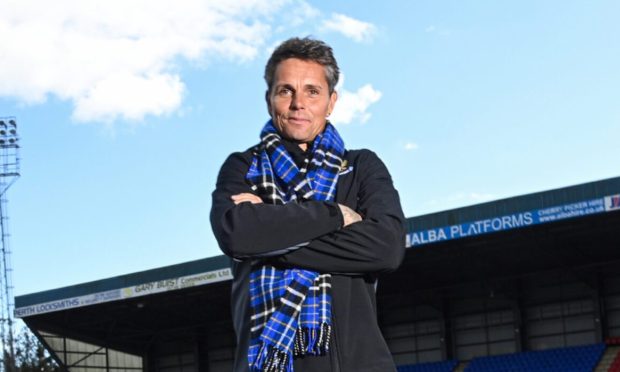

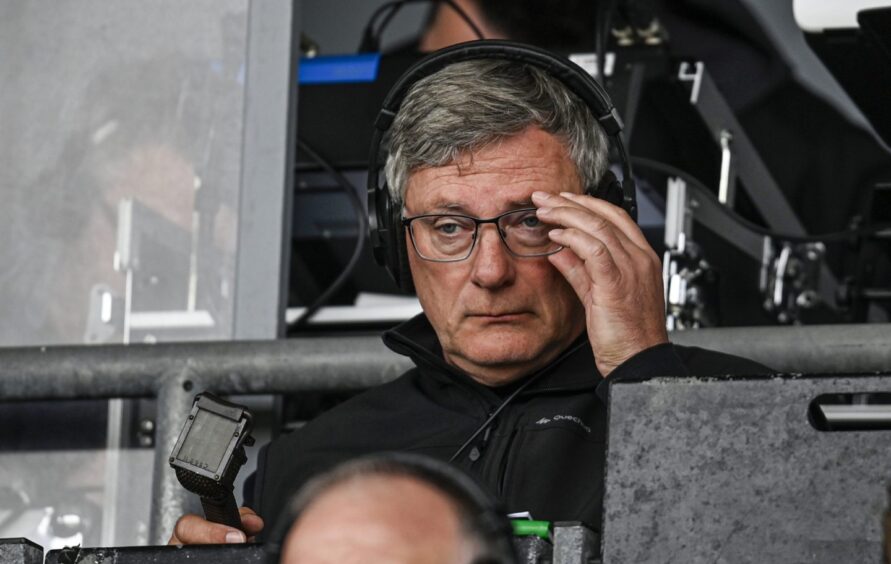
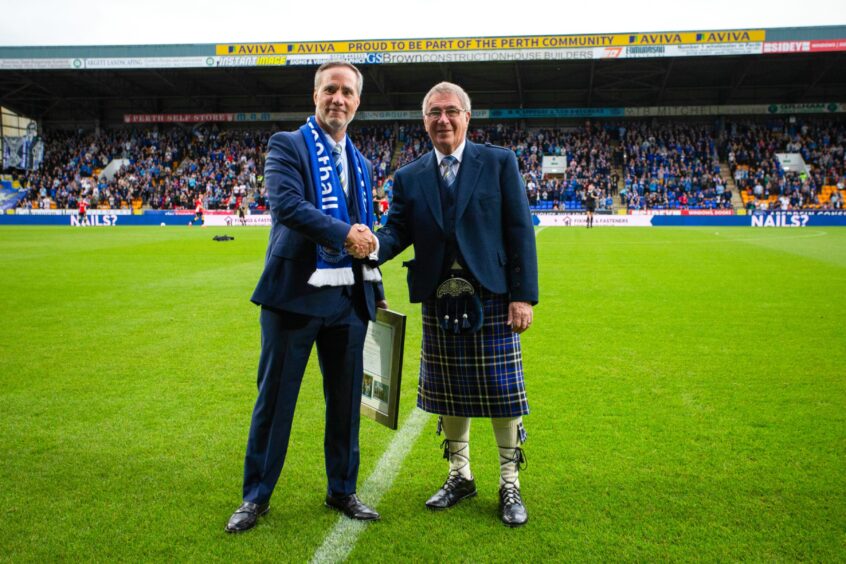
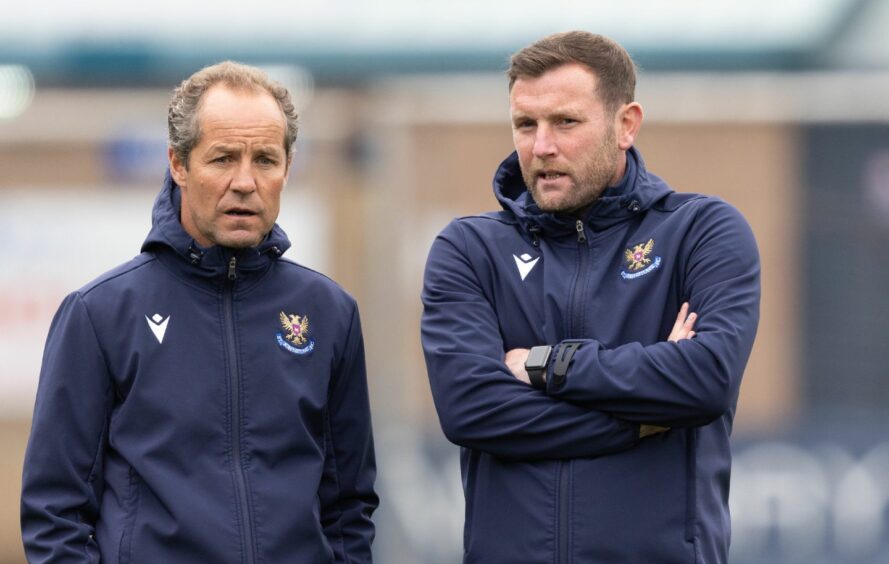
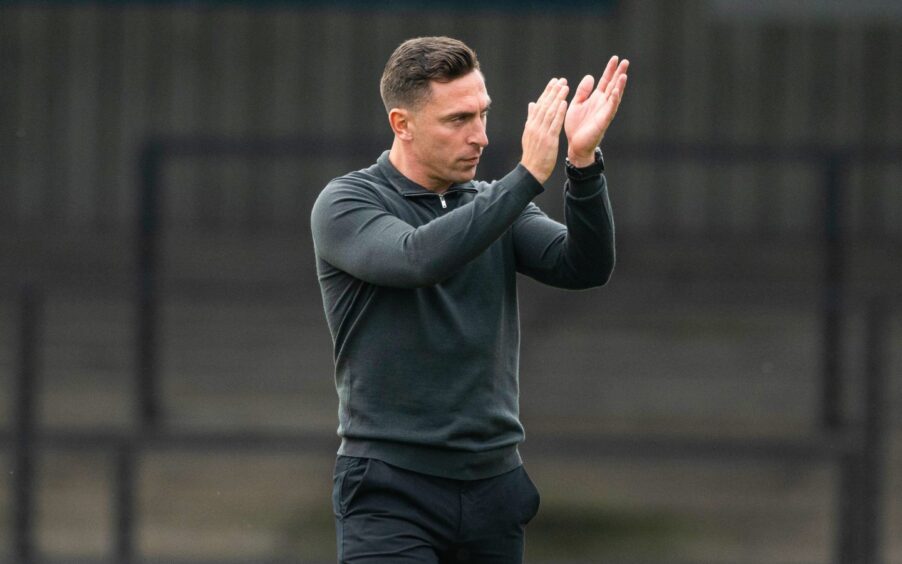
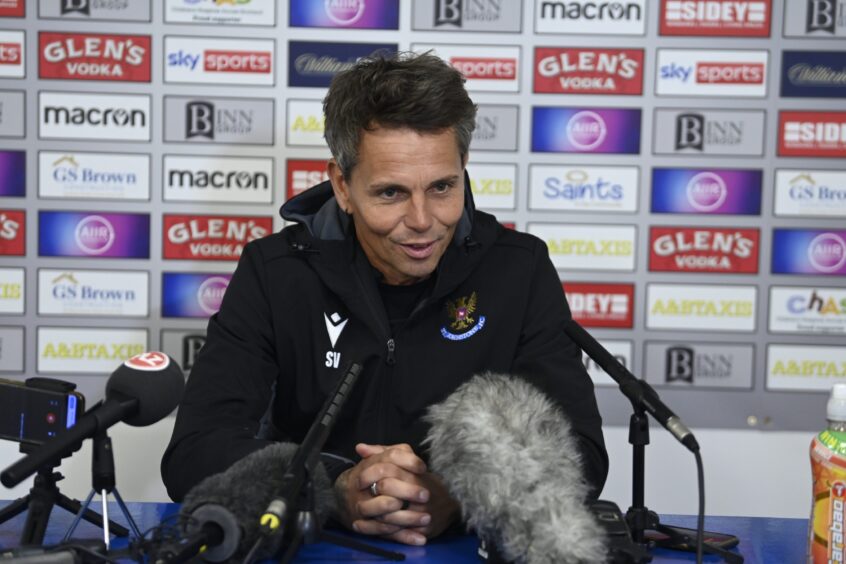
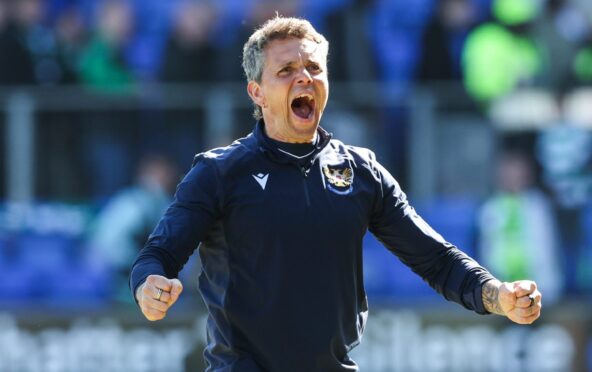
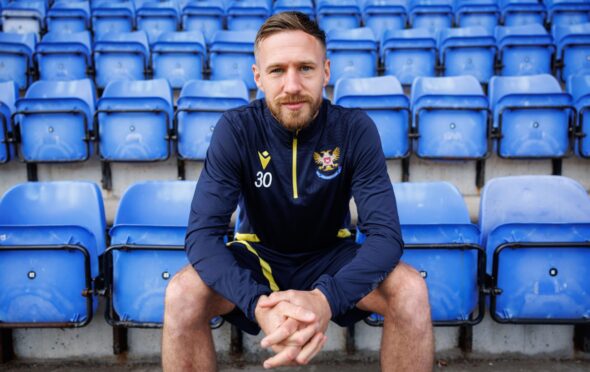
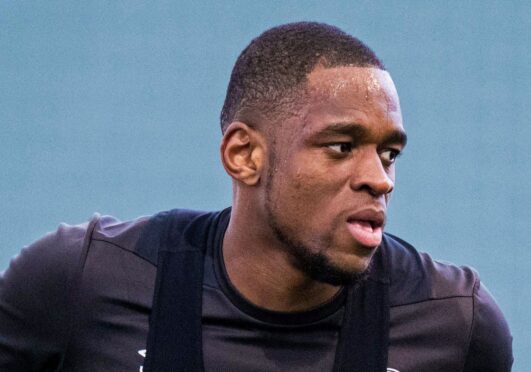
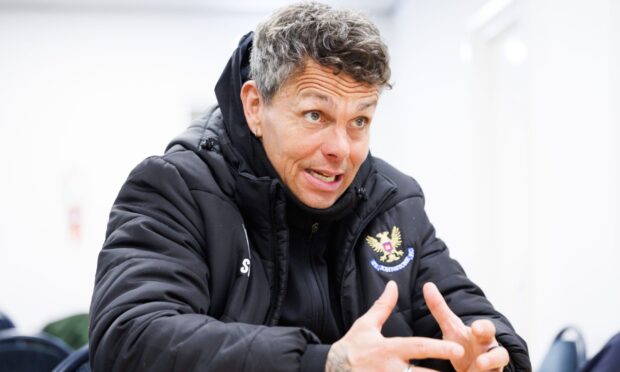
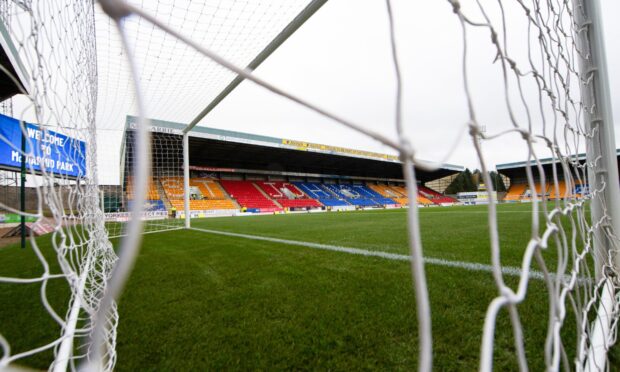
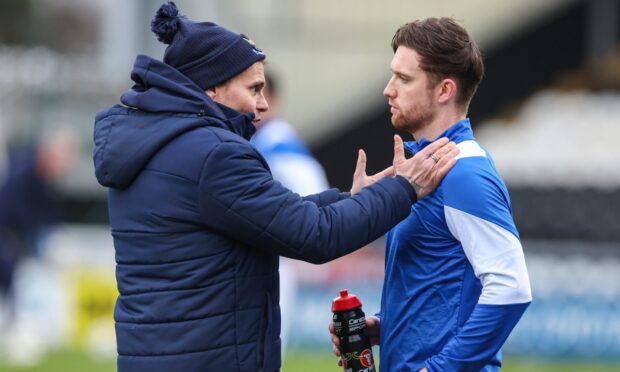
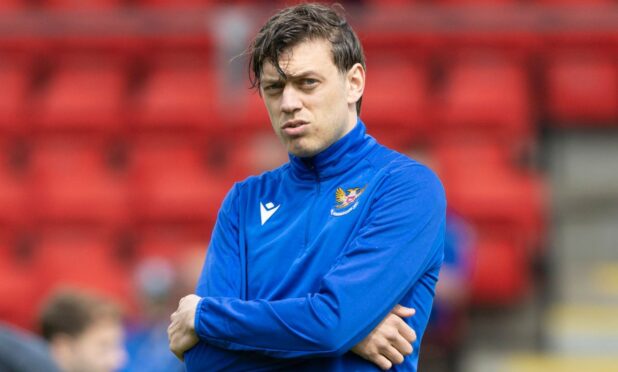
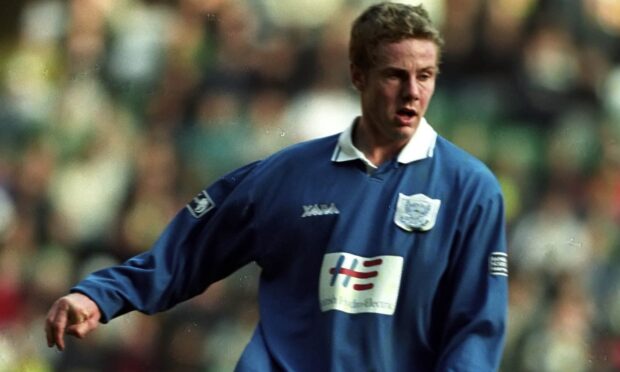
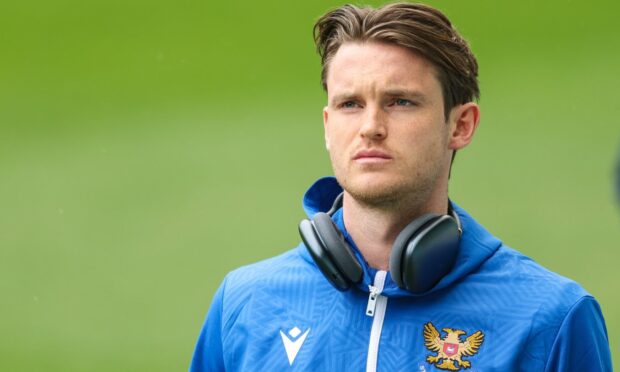
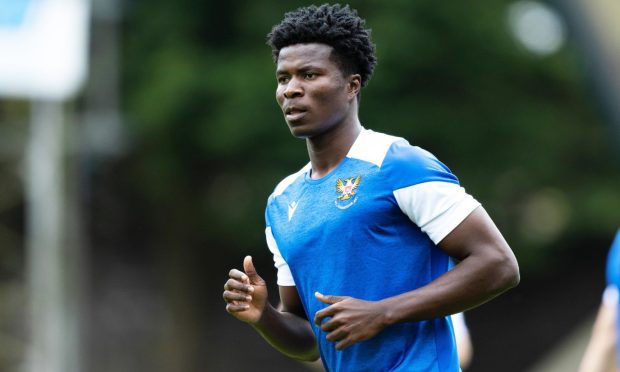
Conversation